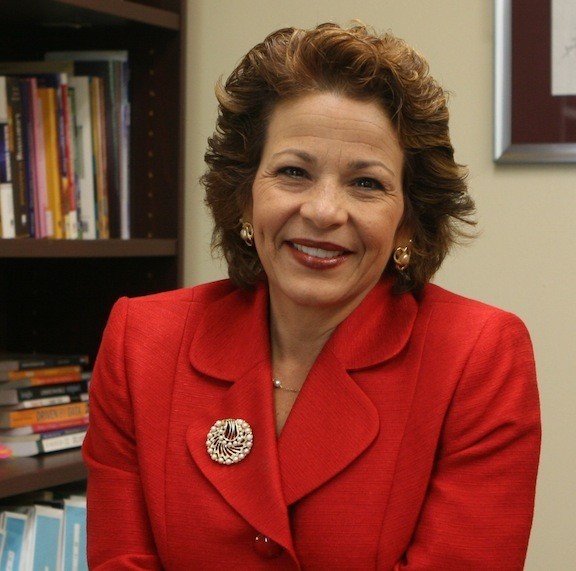Superintendent takes proactive step to virus
Knowing that an ounce of prevention is worth a pound of cure, Oceanside superintendent of schools Dr. Phyllis Harrington sent a letter to local families regarding the rare respiratory virus that has been sweeping through North America for the last month.
The entero virus EV-D68 has infected more than 150 children in the United States and Canada—children in 18 states, including New York, have been affected—since the middle of August, according to the Centers for Disease Control and Prevention. Mild symptoms of the virus can mirror the common cold, including fever, runny nose, sneezing, coughing and body and muscle aches. However, the virus can cause severe respiratory illness, and children with a history of asthma or other breathing problems are especially vulnerable. No deaths have been associated with the current outbreak of EV-D68, but the virus was linked to three deaths, two in the Phillipines and one in Japan, between 2008 and 2010.
Harrington addressed the issue in a letter to parents, dated Sept. 18.
“I am sure by now you have heard about the advisory related to the entero virus EV-D68, a serious respiratory illness that has been confirmed in over a dozen children in New York State,” Harrington wrote. “This virus can cause severe respiratory illness in children, especially those with asthma and other chronic respiratory conditions, sometimes resulting in hospitalization. According to the Centers for Disease Control and Prevention, school-age children are most likely to get infected with such entero viruses and become ill because they do not yet have immunity from previous exposures to these viruses.”
The virus is spread like all other common respiratory viruses—through coughing, sneezing and touching contaminated surfaces. EV-D68 can only be diagnosed with specific tests. Entero viruses often increase around the start of a school year. There are no antiviral medications currently available. Harrington’s letter spoke of the importance of prevention.
People can protect themselves from respiratory illnesses by following these steps:
• Wash hands often with soap and water for 20 seconds, especially after changing diapers.
• Avoid touching eyes, nose and mouth with unwashed hands.
• Avoid kissing, hugging, and sharing cups or eating utensils with people who are sick.
• Disinfect frequently touched surfaces, such as toys and doorknobs, especially if someone is sick.
“Please be assured that all school health personnel have been advised of this issue and are well armed to address is accordingly,” Harrington wrote. “As always, our intention to keep our buildings clean and germ free remains intact.”

 63.0°,
A Few Clouds and Breezy
63.0°,
A Few Clouds and Breezy 




